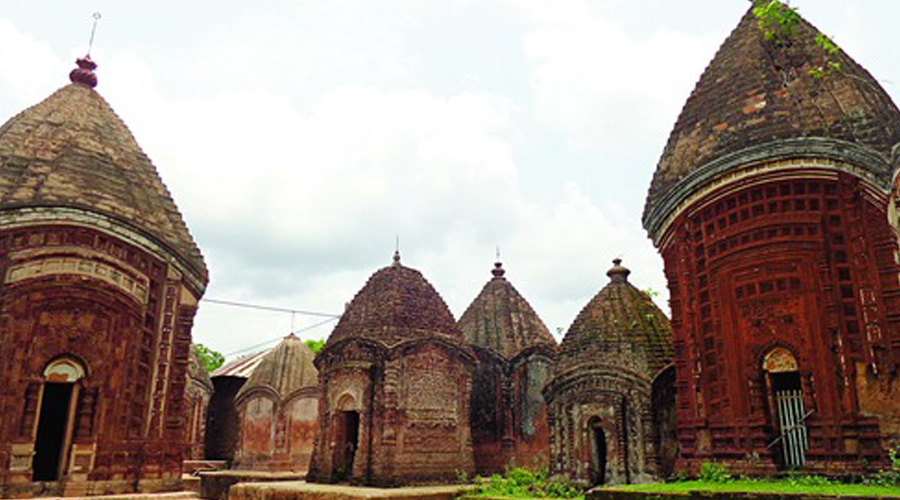The state tourism department has drafted a new tourism policy aimed at encouraging private investments to boost tourist circuits and generate local jobs locally after concluding that the one framed by the former government of Raghubar Das in 2015 had failed to achieve similar objectives.
“The draft of the New Tourism Policy 2020 is ready and has received an in-principle nod from chief minister Hemant Soren,” an official of the department said on Friday, adding that work on it had begun soon after the Hemant Soren government took office in December last year.
Referring to some of the salient features of the policy that is yet to be put in the public domain, the official said, “The policy has the provision of providing 30 per cent subsidy, or Rs 10 crore _ whichever is lesser _ on capital investment of a private party. If the investment is made in a tribal area, then there’s an additional 5 per cent subsidy.”
He noted that the 2015 tourism policy failed to bring any private investment and whatever projects were rolled out in Jharkhand during the time were done with government funds.
“Private players were roped in to develop projects on an outsourcing basis. This model can’t be sustainable unless investments are encouraged to take place in this sector for building parks, amusement options, hotels and so on. The new policy aims to be forward-looking, wooing investors to create all-round facilities for tourists,” said the official who has been involved in drafting the new policy.
The 2020 policy also aims to create employment opportunities for an estimated 75,000 to one lakh people. As per statistics available with the tourism department, around 3.5 crore tourists had visited Jharkhand in 2018-19 of which around 1.50 lakh were foreign arrivals. Figures of 2019-20 are yet to be released.
“The tourism and hospitality sector is the biggest job-creator, besides contributing to state earnings. One of the provisions of the new policy is to set up a tourism security force (TSF) that will act as facilitators for incoming tourists, take care of their well-being and double up as guides,” he said.
The state tourism sector has been divided into 12 parts for specific interventions and plans. These include religious tourism, eco-tourism, cultural tourism, rural tourism, craft tourism, adventure tourism, weekend getaway, film tourism, water sports, recreation tourism, wellness tourism and mine tourism.
“Also, there is a plan to geo-tag every tourist point, document the place and put it out along with available facilities on a single-window platform so that it can act as a ready reckoner for visitors. It will also help the government keep a track of every incoming visitor, their movement and their well-being from safety and security point of view,” he said.
State tourism director A. Dodde said the new policy would be tabled in the cabinet soon. “We presented the new policy before the chief minister and chief secretary on Thursday and received an in-principal go-ahead,” he said.











